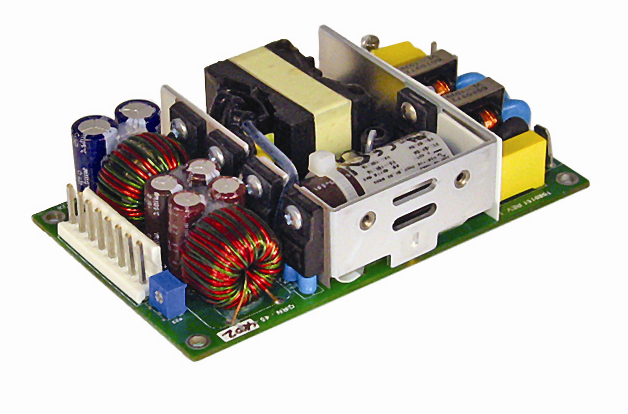Why Medical Power Supplies Are the Heart of Modern Healthcare Devices

Walk into any hospital or clinic, and you’ll see machines everywhere beeping, blinking, and helping doctors care for patients. From heart monitors to ventilators, these devices play a huge role in saving lives. But there’s one thing that keeps them all running smoothly, something you don’t usually see: the medical power supply.
It might not be flashy, but without it, none of those life-saving machines could work. Let’s talk about why these little power units are such a big deal.
Quietly Powering Life-Saving Machines
Think about it machines like MRI scanners, infusion pumps, and patient monitors all need electricity to function. But they don’t just need any power. They need it to be clean, steady, and reliable. If the power flickers or cuts out, even for a second, it could interrupt a critical procedure or give false readings.
That’s where medical power supplies come in. They’re built to deliver stable energy 24/7, without spikes or drops. They also protect sensitive equipment from electrical noise and surges that could cause problems. In short, they help these machines do their job safely and correctly every single time.
Safety Comes First
Medical devices often come into close contact with patients. That’s why their power supplies have to meet very strict safety standards, like the IEC 60601-1 certification. These rules make sure everything is safe to use, even in high-risk environments like operating rooms or ICUs.
These power supplies are tested for things like leakage current (so patients won’t get shocked), electromagnetic interference (so they don’t mess with other devices), and temperature control (so they don’t overheat). It’s all about keeping patients and healthcare worker’s safe no shortcuts allowed.
Keeping Up with Changing Technology
Healthcare is always evolving. Devices are becoming smaller, smarter, and more portable just look at wearable heart monitors or machines that let people get dialysis at home.
To keep up, medical power supplies have had to evolve too. Today’s models are compact, super-efficient, and ultra-quiet which matters a lot in hospitals where too much noise can cause stress or interfere with other equipment. These advanced power supplies work behind the scenes to support cutting-edge medical tech, without getting in the way.
Built for Around-the-Clock Use
Hospitals don’t close. Medical teams work day and night, and they need equipment that works just as hard. That means power supplies can’t afford to fail not even for a minute.
Most medical devices are backed by power systems with extra safety layers. Some include built-in batteries; others are designed with backup options in case of a blackout. This kind of reliability is critical when lives are on the line.
And when hospitals need new parts or quick replacements, they turn to experienced power supply distributors who understand what’s at stake. The right distributor doesn’t just ship parts they help ensure compatibility, compliance, and fast delivery when time really matters.
Taking Care Beyond the Hospital
These days, more healthcare is happening at home. Whether it’s remote monitoring, home dialysis, or telehealth, patients are using medical devices outside the clinic.
That means power supplies need to be just as reliable at home as they are in the hospital. They also need to be lightweight, safe, and able to handle regular outlets or portable batteries. Even in a non-clinical setting, these devices still need to meet medical safety standards. So yes the power supply still matters, even on your living room couch.
Final Thoughts
We don’t always notice them, but medical power supplies are doing essential work behind the scenes. They keep devices running safely, accurately, and nonstop whether it’s in a busy emergency room or a quiet home care setup.
So the next time you hear a heart monitor beeping or see a nurse using a portable device, remember: there’s a small but mighty power system inside, quietly doing its part to help save lives.


